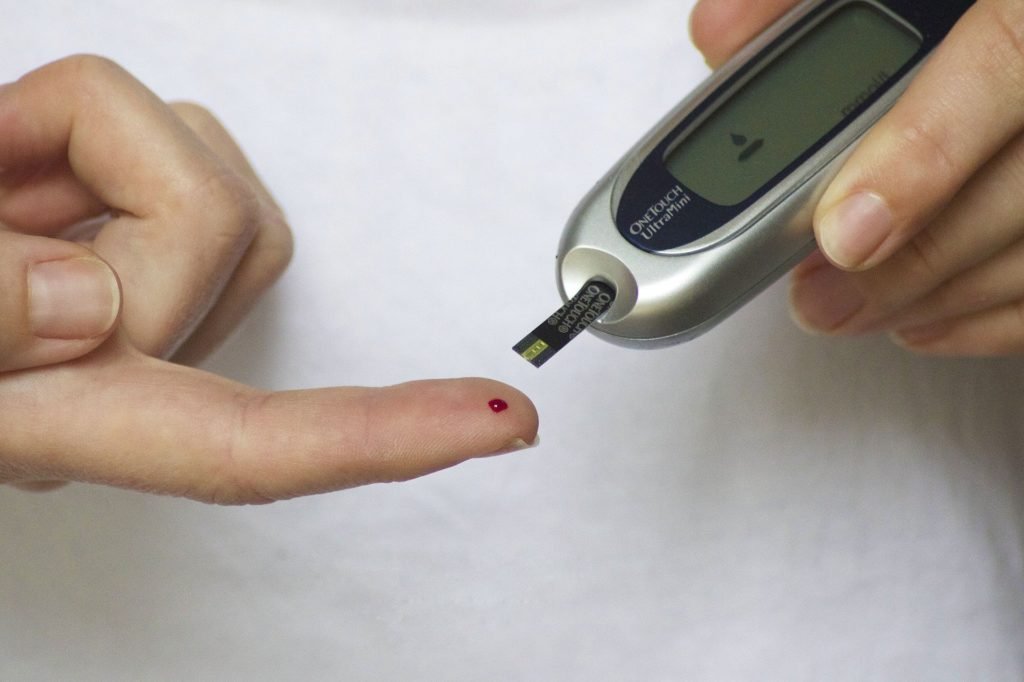Introduction:
Vaccines stand as one of the most successful and cost-effective public health interventions in history. They have played a pivotal role in preventing and controlling infectious diseases, saving millions of lives globally. In this article, we explore the key facts and the remarkable power of vaccines in disease prevention.
Key Facts:
1. Historical Impact:
Vaccines have been instrumental in eradicating or significantly reducing the prevalence of once-deadly diseases. Examples include the eradication of smallpox through widespread vaccination efforts and the control of polio in many parts of the world.
2. Herd Immunity:
Vaccination not only protects individuals but also contributes to community immunity. When a significant proportion of the population is vaccinated, it limits the spread of infectious agents, providing indirect protection to those who cannot be vaccinated, such as individuals with certain medical conditions or allergies.
3. Modern Advancements:
Advancements in vaccine technology have led to the development of highly effective and safe vaccines. Newer vaccines are designed to trigger robust immune responses without causing the disease they protect against, ensuring a higher level of safety for recipients.
The Power of Vaccines:
1. Disease Prevention:
Vaccines are the cornerstone of disease prevention. They stimulate the immune system to recognize and fight specific pathogens, preventing infections and reducing the severity of illnesses. This not only protects vaccinated individuals but also helps control the spread of diseases within communities.
2. Impact on Global Health:
Vaccination programs have had a profound impact on global health, reducing the burden of infectious diseases and improving overall well-being. Initiatives like the Expanded Program on Immunization (EPI) have made significant strides in increasing vaccine accessibility worldwide.
3. Addressing Vaccine Hesitancy:
Despite their proven effectiveness, vaccines face challenges, including vaccine hesitancy. Public education, transparent communication, and building trust in the safety and efficacy of vaccines are crucial in addressing this issue and ensuring widespread vaccine coverage.
Conclusion:
Vaccines are a powerful tool in the fight against infectious diseases. Continued research, investment, and commitment to vaccination programs are essential to realizing the full potential of vaccines in safeguarding public health. Embracing the power of immunization is not just a choice for individual well-being but a collective responsibility to protect communities and future generations from preventable diseases.


